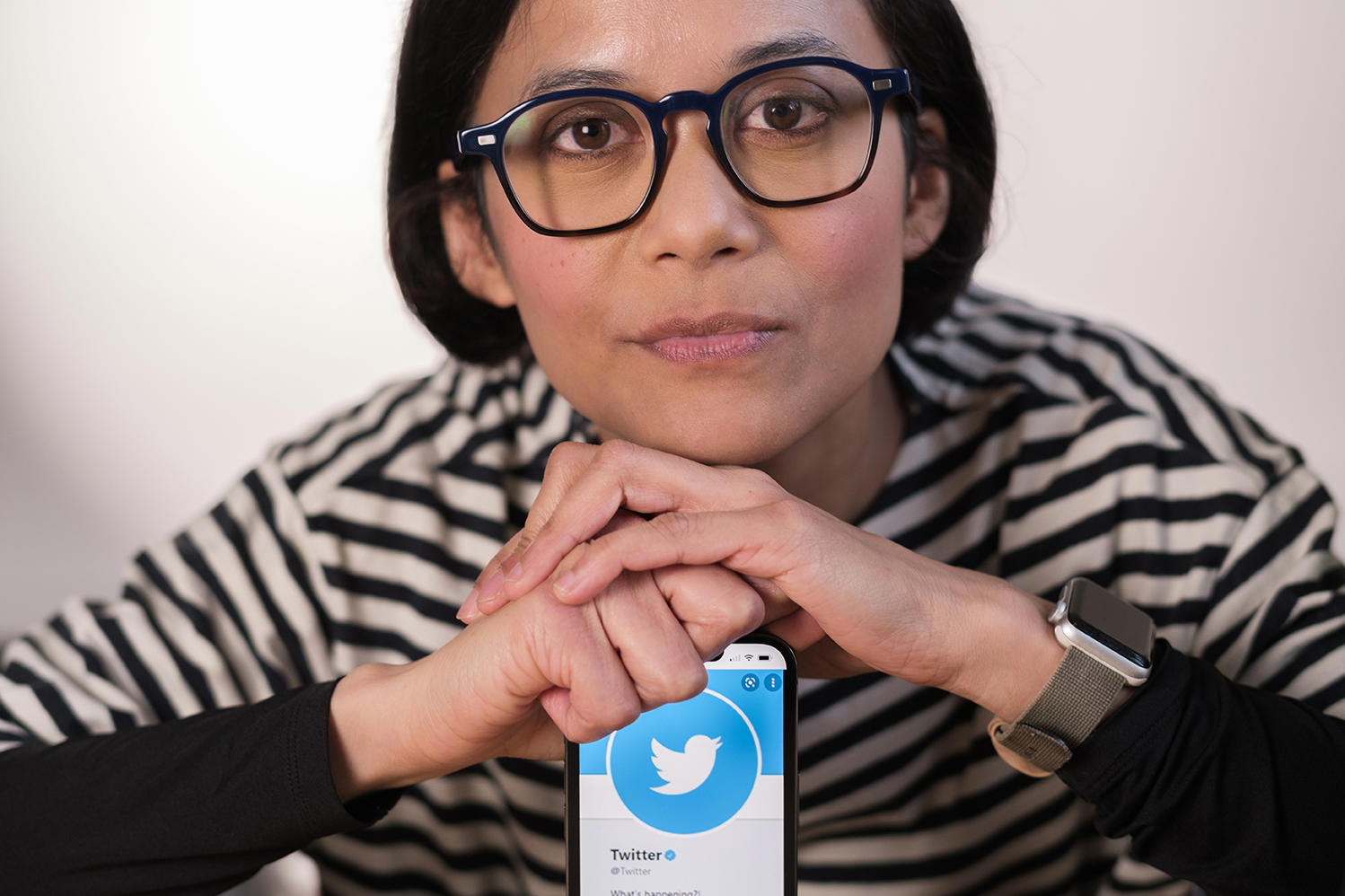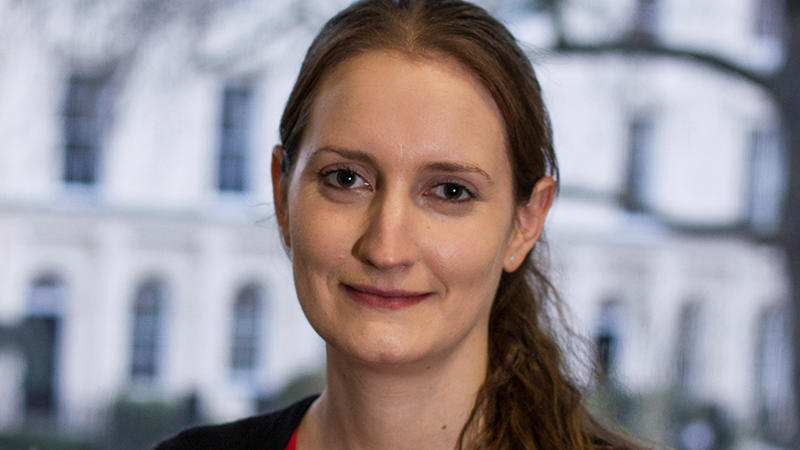A senior registrar in obstetrics and gynaecology is assisting with a long operation when she suddenly is conscious of menstrual flooding.
With nowhere in the theatre suite to store her bag, she had left it in the doctors’ room near the ward – a long walk away – so she hadn’t had time to change her tampon before scrubbing for the case.
She is embarrassed, uncomfortable – and keeps her surgical gown on to hide her stained scrubs until she gets a chance to change.
This was one of the stories shared with BMA Scotland when it launched its #BMAPeriods campaign, which aimed to get period products placed in all staff toilets across all NHS sites. And it was successful.
In March of this year, it was announced that all health boards in Scotland would provide free period products for healthcare workers.
Why was it that the NHS was not geared up in any way to provide for periods?Dr Baruah
‘I’ve been working for the NHS for 20 years and I’ve had a lot of near misses and full-on hits of being caught short, bleeding through clothes because there’s been nowhere to get period products,’ says Rosie Baruah, a consultant anaesthetist in Edinburgh, who spearheaded the campaign.
‘You wouldn’t expect not to be able to use the toilet because there’s no toilet paper, so why was it that with a 70 per cent female workforce, the NHS was not geared up in any way to provide for periods?’
 BARUAH: Spearheaded the campaign for free period products
BARUAH: Spearheaded the campaign for free period products
It’s not about affordability, nor is it a question of women and people who menstruate coming to work unprepared, she adds. Rather, it’s about dignity and workforce wellbeing.
‘This is part and parcel of the acknowledgment that we have needs as human beings. Doctors in particular have sometimes seen it as a badge of honour to neglect your needs – like “I can stand up for 12 hours without needing to pee, without needing to drink because I’m so awesome”.
'But we need to move away from the sort of approach that breaks people to one that’s about wellbeing, that recognises that people have needs, and that their employers are going to meet them.’
Lack of understanding
Part of the problem, she adds, is that there is a lack of understanding about periods, and that discourse on the topic needs to be expanded to recognise that menstruation is a part of life.
Josie Cheetham, joint deputy chair of the BMA Welsh junior doctors committee, has been campaigning for the NHS to provide sanitary products for staff for the last four years – and her campaign has come a long way.
She initially set up a small pilot in one hospital, where she provided what she calls an SOS (sanitary products on site) box. This quickly expanded to three hospitals in the Aneurin Bevan Health Board, where she was based.
This is part and parcel of the acknowledgment that we have needs as human beingsDr Baruah
The initiative proved popular with staff and has expanded significantly. Her own health board has been very supportive, she says, and SOS boxes are now available in clinical areas in many parts of Wales.
Dr Cheetham has met the vast majority of the costs herself, although she has had some support from organisations such as Bloody Good Period during the first wave of the pandemic.
She also runs a SOS box launch kit, sending these across the UK and to Malta – essentially a box of products alongside lobbying resources and tips on how to expand it. Anyone involved in the NHS can request a kit. She has also continued to press politicians and medical organisations to provide support for the initiative.
 CHEETHAM: ‘SOS box’ scheme expanding
CHEETHAM: ‘SOS box’ scheme expanding
Reaction to the initiative has been largely positive, she says, including from some ‘amazing male advocates’ although she has had negative comments from a number of men on Twitter, including doctors.
Again, she blames a lack of understanding of the real issues. ‘I think it possibly goes back to medical school where we were almost taught that people who menstruate have regular monthly cycles and that should be a standard 28 to 31 days between them. But anything can set it off or disrupt it – it can be stress, or changing shift patterns, or lots of different reasons.’
Gaps in provision
Labour MSP Monica Lennon, convenor of the Scottish Parliament’s cross-party group on women’s health, worked with BMA Scotland on the #BMAPeriods campaign.
She had submitted freedom of information requests to Scottish health boards to find out which had policies or plans on period products, which showed that provision was far from universal.
She said the Period Products (Free Provision) Bill, which she introduced, and which parliament backed, gave women and people who need period products the right to access them without any questions.
But while it resulted in widespread provision through schools, universities and local authorities, there were still gaps.
‘The legislation we have in Scotland is a strong foundation and a major achievement but it was never about getting a bill passed and then moving away from the topic. It’s about how we embed it in our culture, how we improve access to products in workplaces.’

